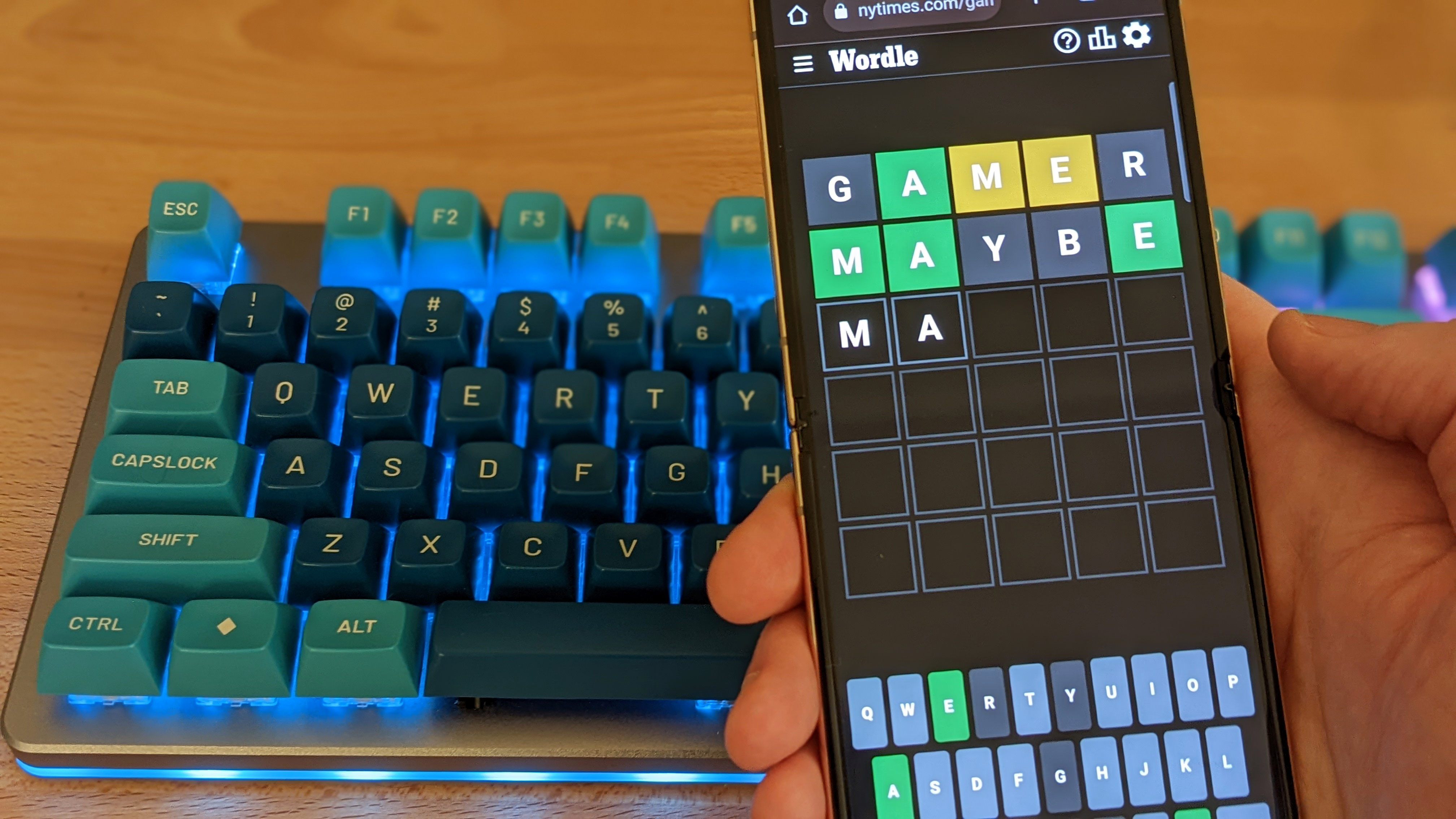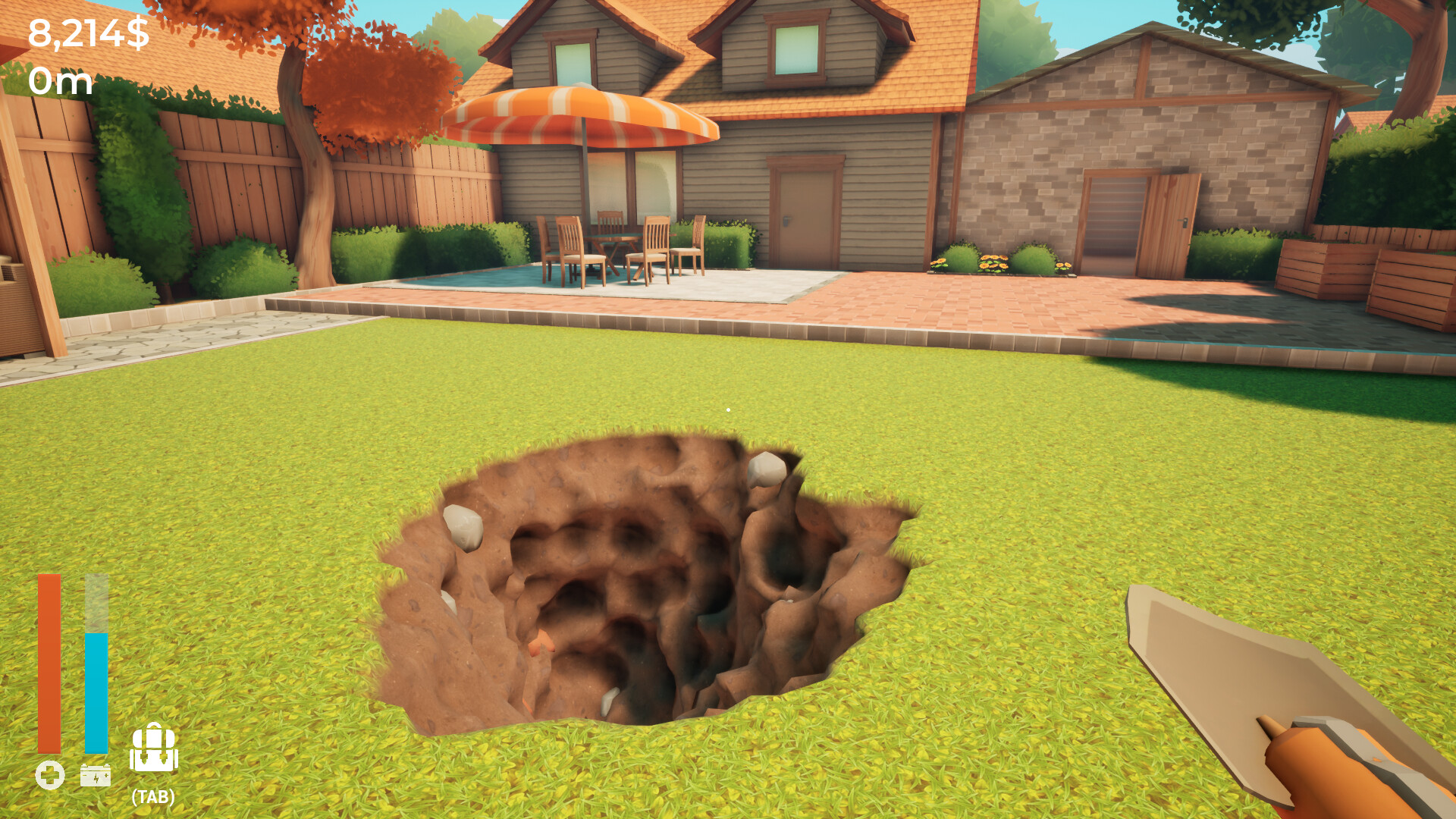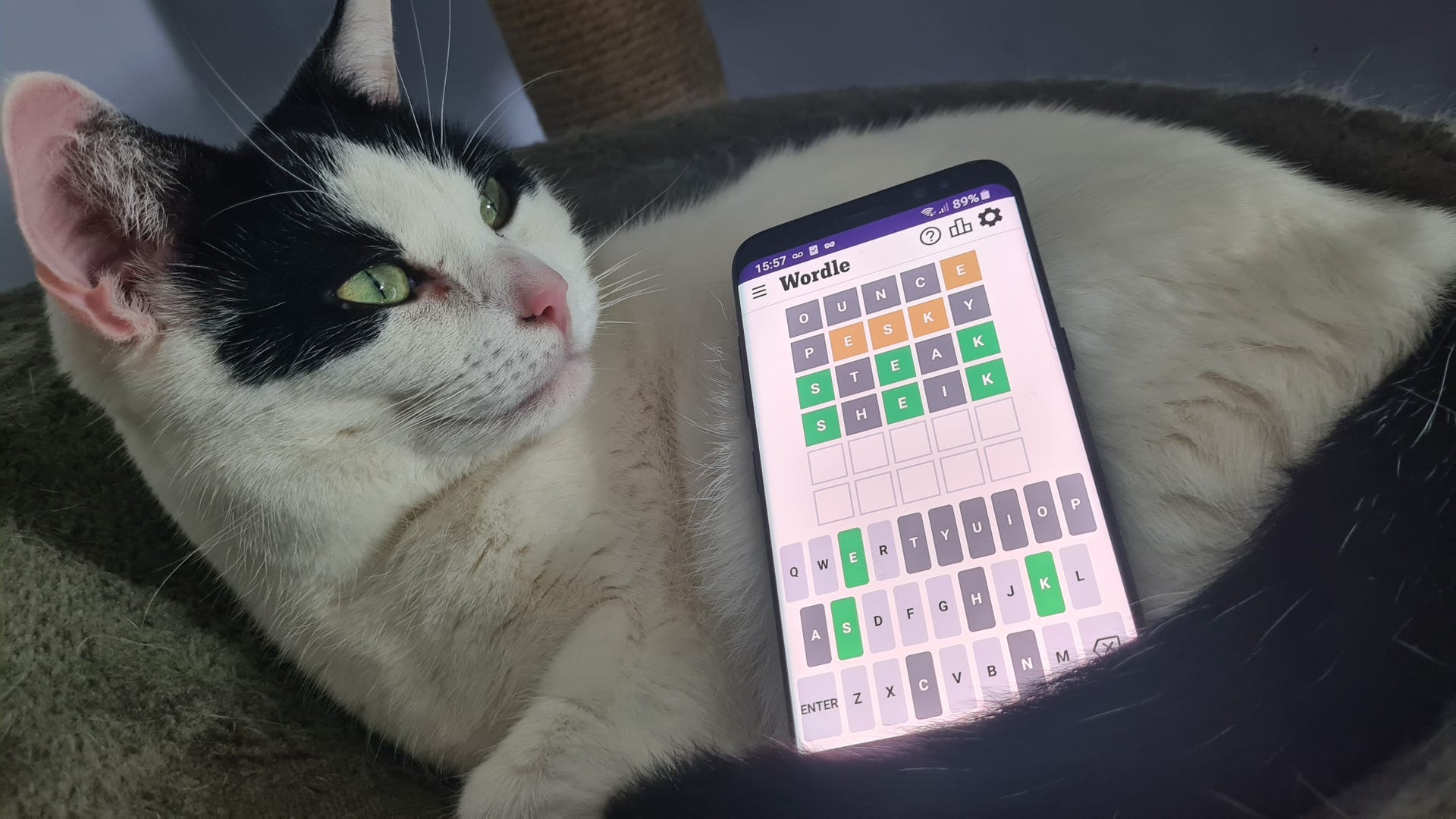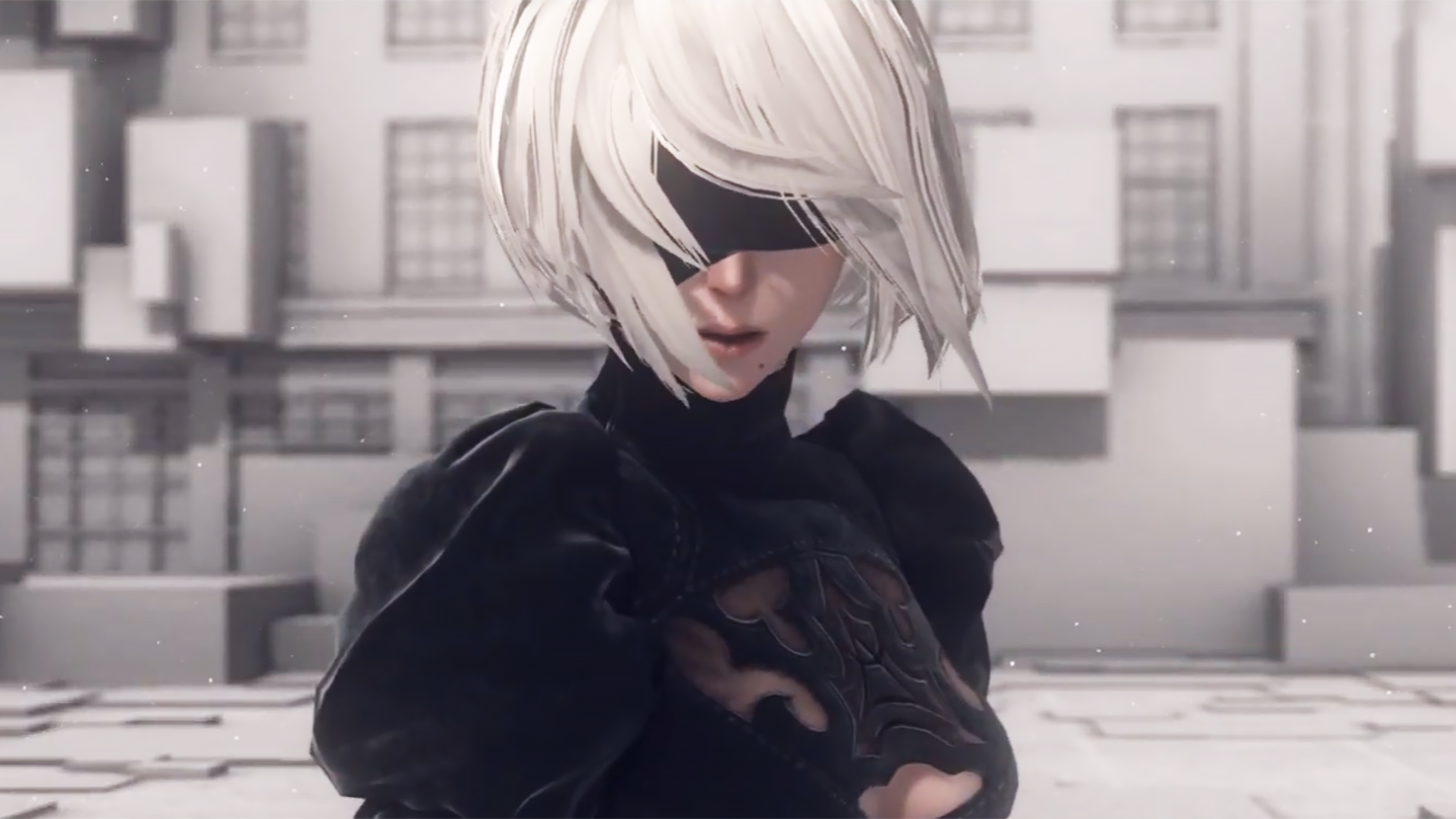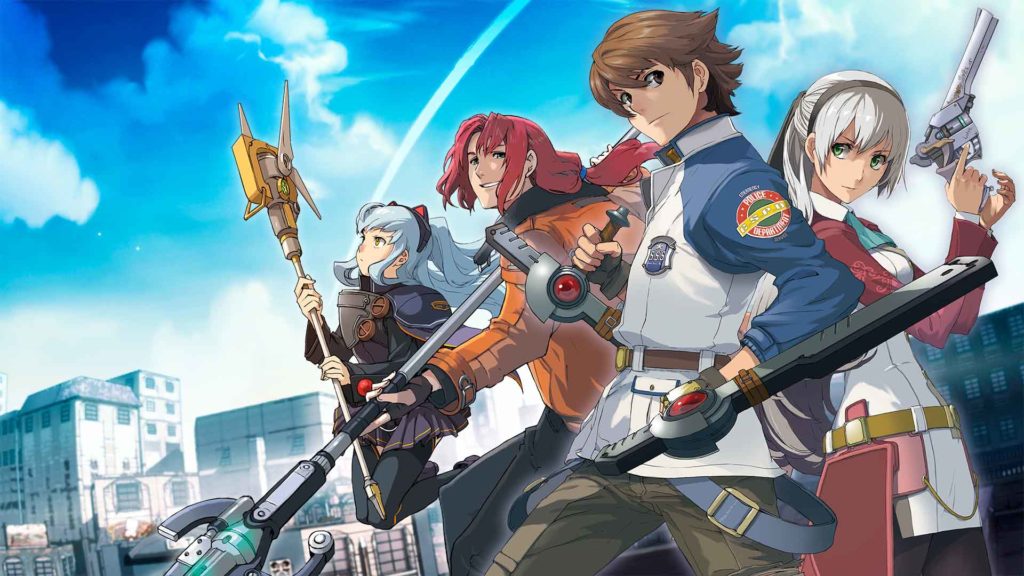
The tightest, most approachable game in the Trails series is finally out in English.
Trails from Zero begins near the end, plunging players straight into a thrilling in media res segment without any warning or explanation. The main cast’s all here: the only problem is nobody playing will know who these people are, where they are, or what they’re supposed to be doing. Between all the mentions of places not yet visited and references back to events as yet unseen, anyone picking up Trails from Zero will, at best, be able to tell that the four party members are firm friends willing to dive into dangerous and unknown places for each other’s sake. It seems like whatever lies ahead is sure to be as awe-inspiring as it is deadly.
And then leading man Lloyd wakes up on the train to Crossbell City, with absolutely no idea what that weird dream he just had was about.
This opening is beloved JRPG developer Falcom at the height of its power, completely comfortable with its setting, storytelling style, and the tools it used to create this tale…well over a decade ago. There’s no point denying it—the English side of the internet is now several Trails of Cold Steels too late to experience Zero in its intended slot in the increasingly complex Trails series. While those more recent RPGs were released in English between 2017 and 2021, it’s taken a full 12 years for Trails from Zero to finally be localised.
Luckily this lateness doesn’t matter.
Not understanding exactly what’s going on in Trails from Zero means the player is in exactly the same boat as its lead character. This jarring intro’s a sign—a gift, even—from Falcom themselves: Zero may not be a completely clean break away from the famously dense Trails in the Sky games that came before it (or the Cold Steel games that came after it), but the focus of this game is Lloyd Bannings, his friends and family, and the small city-state of Crossbell. In a series that’s often sprawling, this one truly is focused. There are references to past events, and plot threads started here may stretch out into the future, but Zero has been written first and foremost as Zero. It’s a compelling tale in its own right.
The tight-knit cast of four are quickly thrown together and from that point on every interaction adds layers of depth to their personal relationships. The series’ uniquely unhurried pace provides plenty of time for lengthy conversations filled with Trails’ unique terminology, and quiet chats that in the moment seem to exist purely to show off just how well-developed Zero’s cast are. These are characters more than strong enough to stand on their own merits—none of them feel like they exist to fill a trope.
They’re not just imitations of previous Trails heroes, either. Your party aren’t Bracers, the Sky trilogy’s ever-present band of odd-job do-gooders for hire. They’re Special Support Section police officers—and more importantly they don’t want to be Bracers, which was the dream of the Trails’ series first protagonist. Zero still includes old organisations and some of the people who work for them, but it never blindly wallows in navel-gazing nostalgia for its previous heroes, and it never portrays Crossbell or the people living within it as anything less than the most important part of their own story.
This commitment to feeling fresh extends to the city itself. It’s a place of gleaming department stores and dim alleys, of obscene wealth and abject poverty, a place where mobile phones and magic can peacefully coexist. Crossbell City is a character in its own right, an endlessly fascinating location with its own rich web of intrigue where multiple less-than-savoury parties work for their own interests and conspire to bring down their enemies, all at the expense of the peaceful lives of ordinary citizens.
It’s almost impossible to not become as fond of the city as the people living within it when playing Zero—this is a place capable of making me think fondly of its bus stops, for goodness’ sake. When a few chapters send the party further afield, coming back to Crossbell really does feel like coming home.
In spite of this onslaught of newness, much of Zero’s core gameplay will still feel very familiar to anyone who’s played a Falcom RPG. Falcom’s ability to create a soundtrack guaranteed to make anyone’s heart pound with excitement is still present and correct. The battle system builds upon the already wonderful turn-based grid that came before it without rushing to “fix” anything that wasn’t broken. The materia-like Orbment system makes another welcome return, giving your team’s spellcasting some flexibility without turning everyone’s skill lists into carbon copies of each other’s. But having previous experience with any of these features or being aware of how they’ve been subtly tweaked for the better isn’t required.
Zero never assumes its players have just wrapped up a Trails in the Sky trilogy marathon. Total newcomers are always part of the conversation, supported by accessible tutorials and reams of explanatory text that walk players through key features as they are introduced.
(Image credit: Nihon Falcom)
(Image credit: Nihon Falcom)
(Image credit: Nihon Falcom)
(Image credit: Nihon Falcom)
There’s no getting away from the fact that the Trails series is an intimidating tangle of interconnected mini arcs with the odd confusing one-off thrown in just for good measure (such as the upcoming The Legend of Nayuta: Boundless Trails).Every game seems to take longer than the last to clear—even the world’s most dedicated Falcom fan would still have to put in about 15 40-hour weeks to play them all, from Trails in the Sky through to the end of the currently untranslated Kuro no Kiseki 2. With that length comes the understandable fear of missing out on some important plot point, of some detail going unappreciated if you didn’t start at the very beginning and then patiently work your way through everything in a strict order.
But I’m here to tell you you really, truly don’t have to. And so is Trails from Zero.
The message Falcom is sending with Zero is this: Don’t worry about how many games there are, or where Calvard is in relation to Erebonia, or which mysterious individual is planning what in the shadows. This painstakingly crafted world is big enough for more than one story, for more than one thing to matter. Old faces may meet new ones, and the dramatic events of one region may eventually have an impact on another, but there is more than enough text in this series for everyone to have a story of their own. It’s okay to leap in at the beginning of any arc and enjoy the story told there in isolation from the rest.
This is the Trails series’ frequently unsung strength: to be willing to move on from the past in a meaningful way, to give new faces and even whole new countries the chance to develop into places with more depth than most RPGs ever dare to imagine, never mind realise. This is as true for Zero as it is for any other game in the series: the past and the future are both very important, but they never matter as much as the present.
